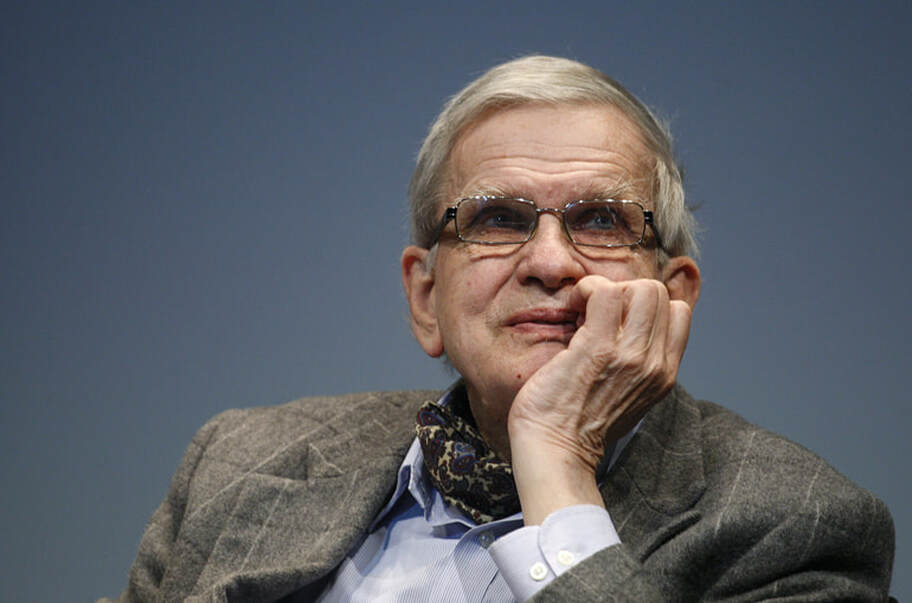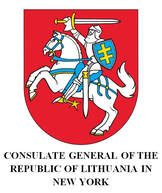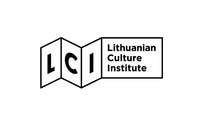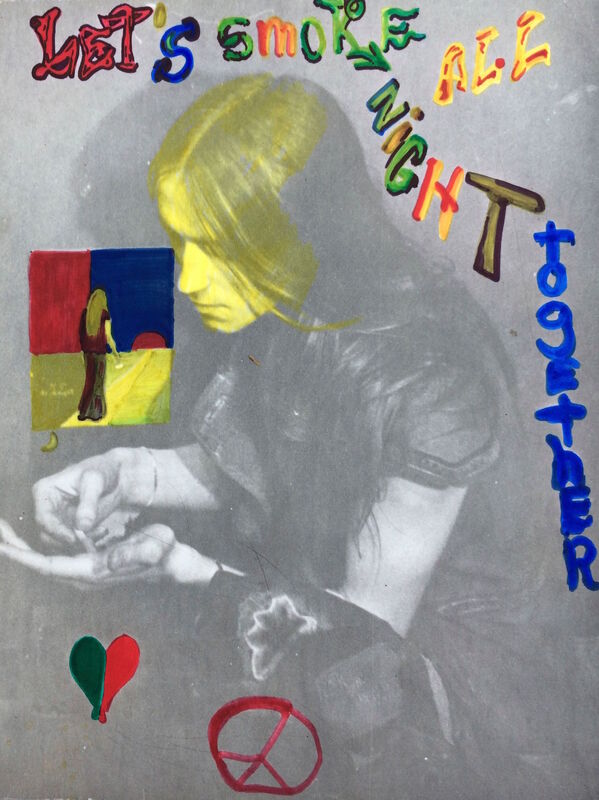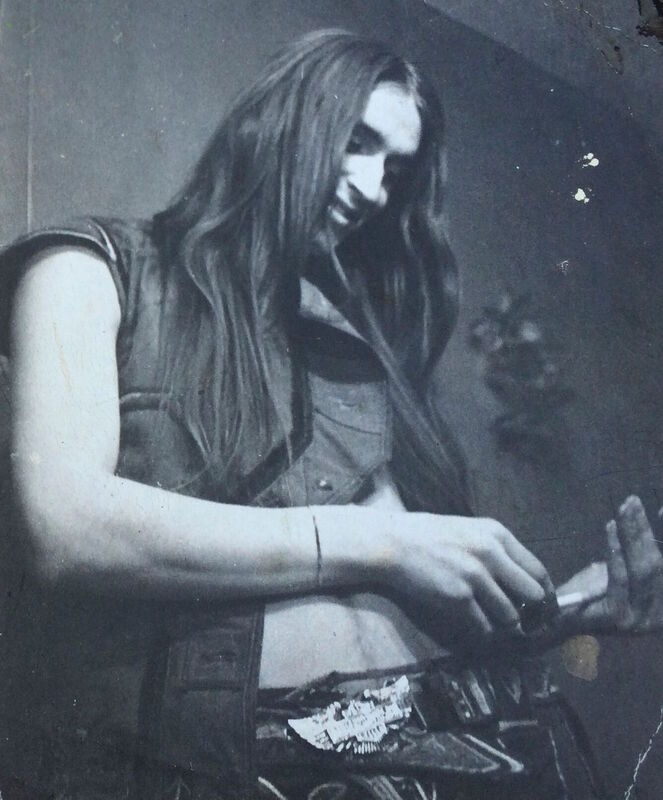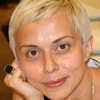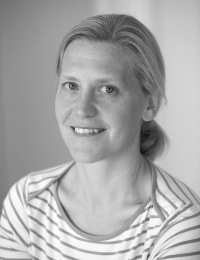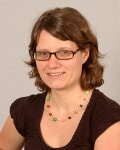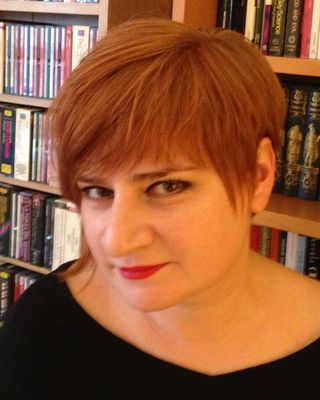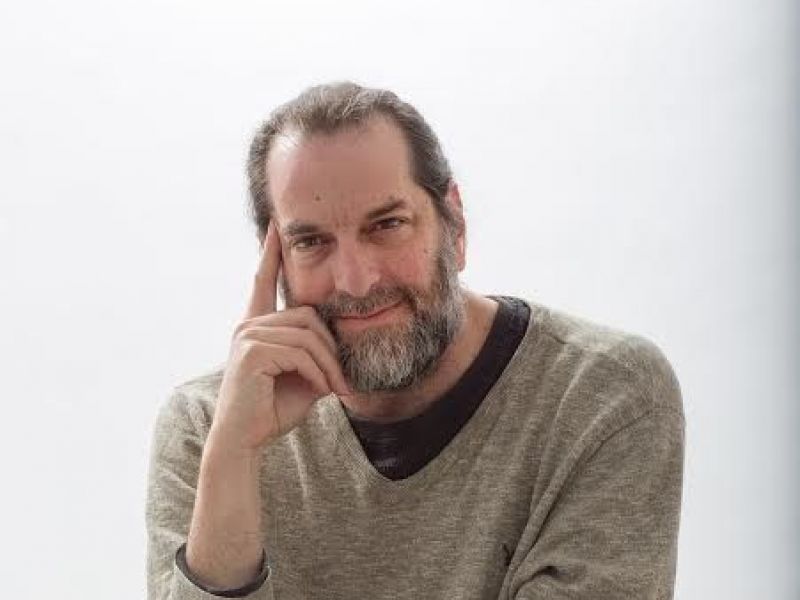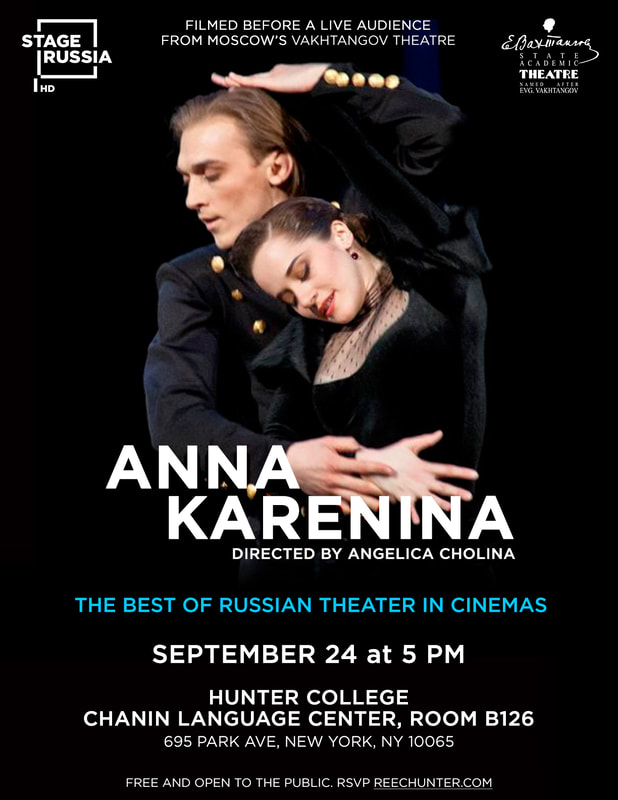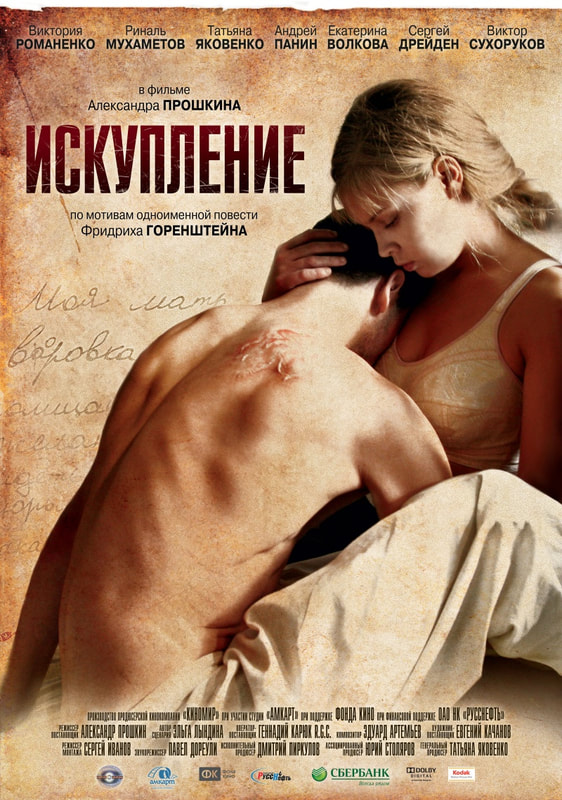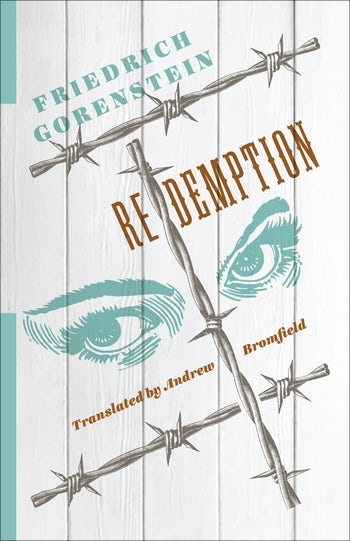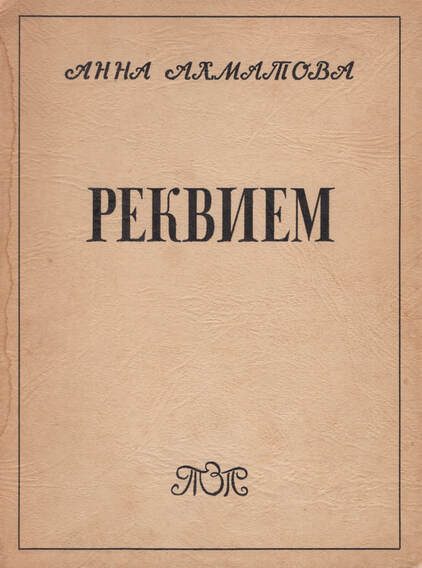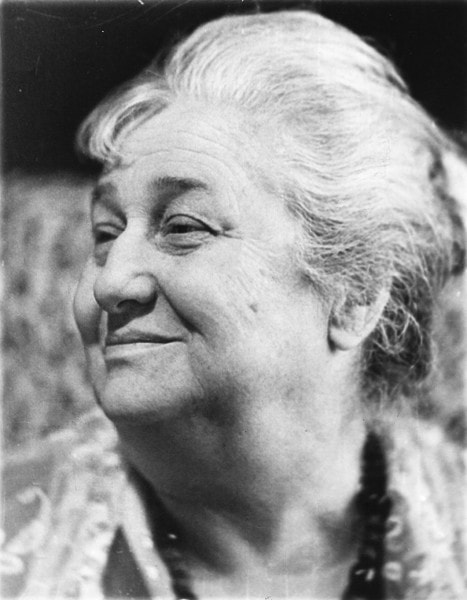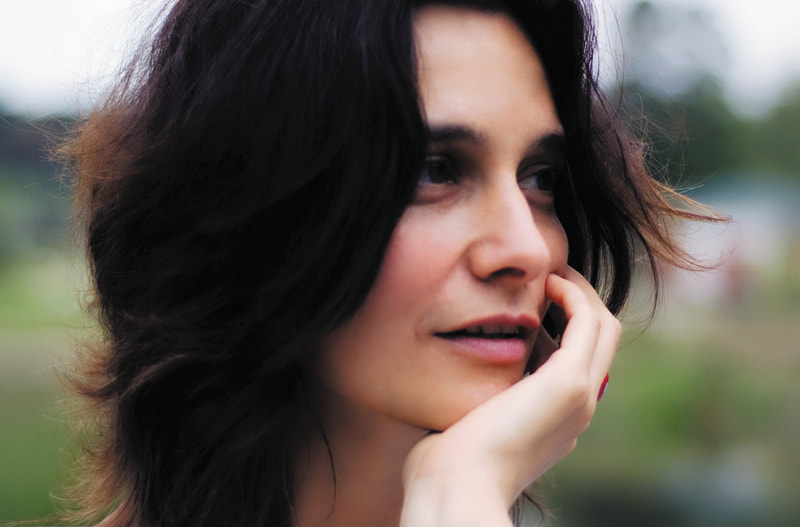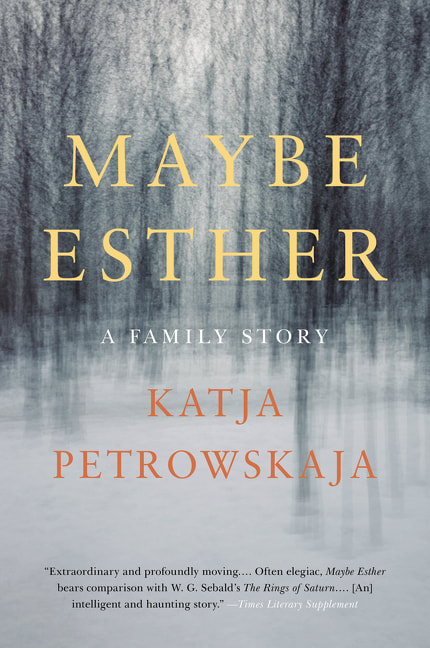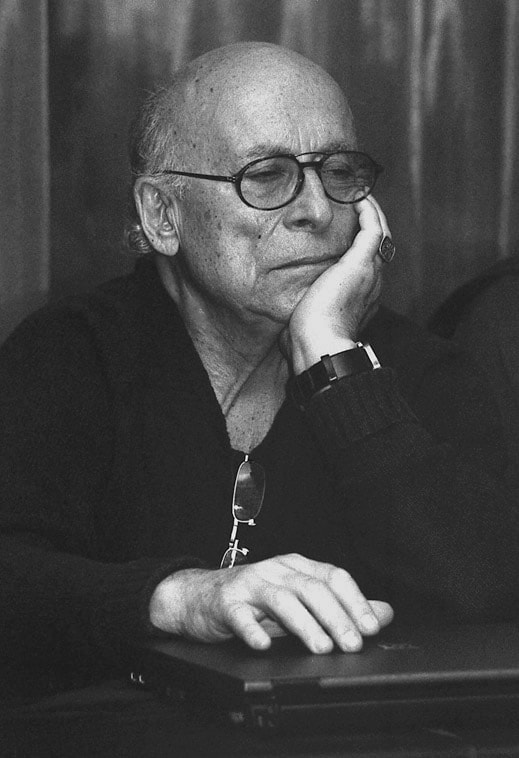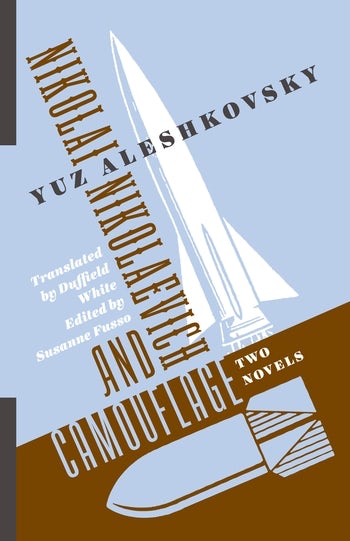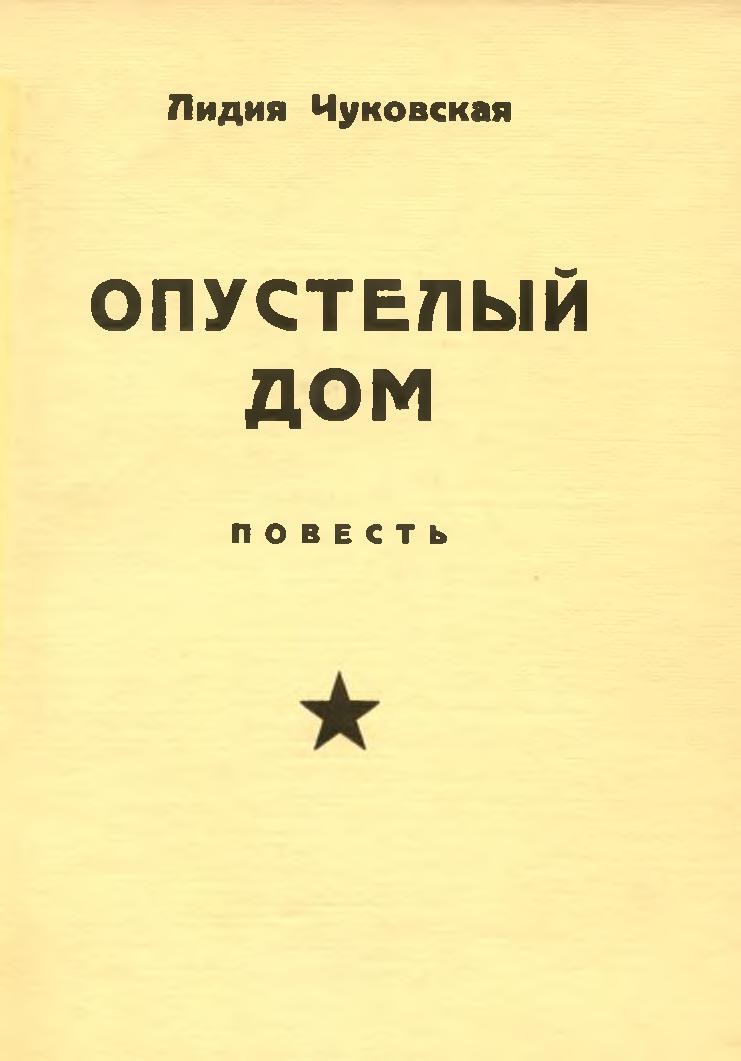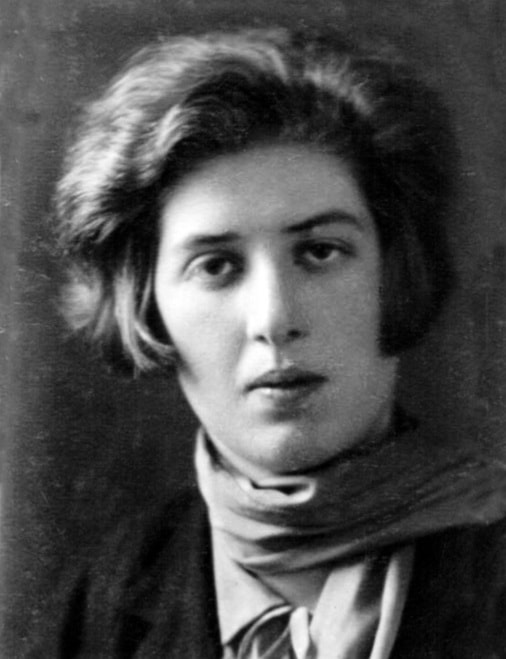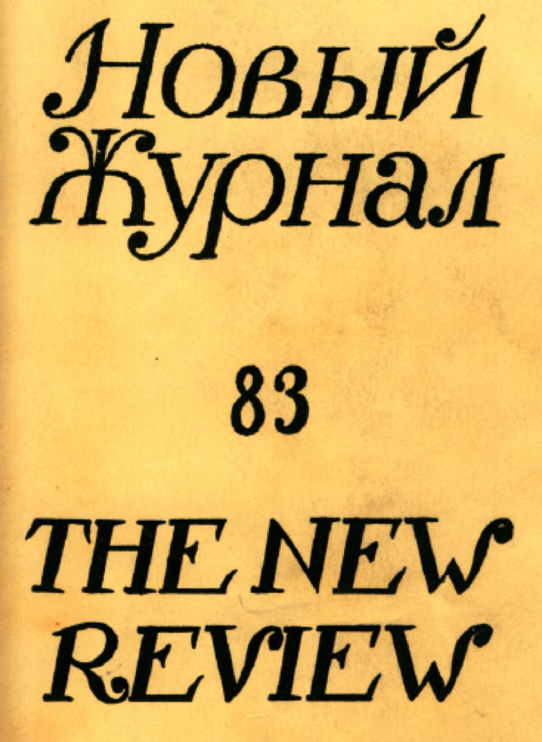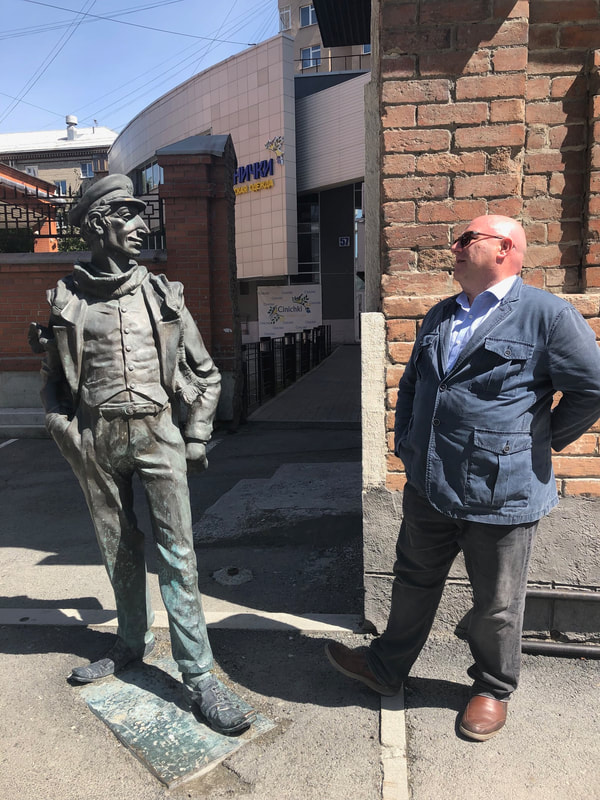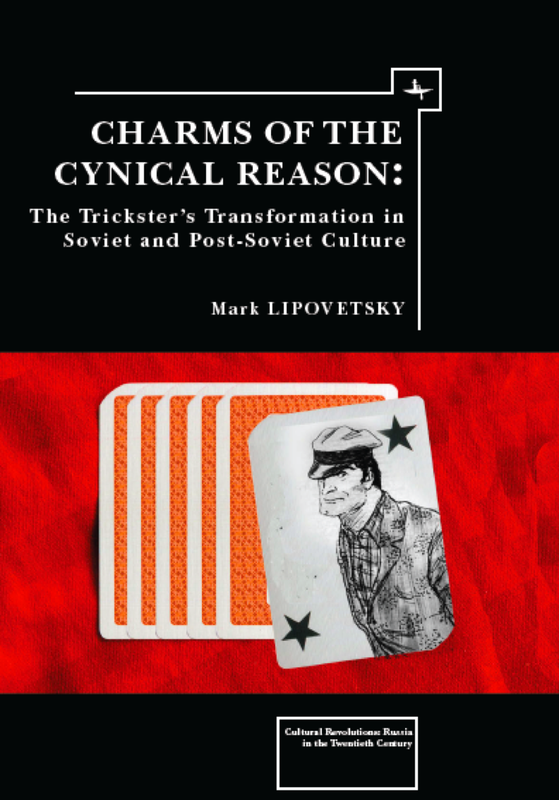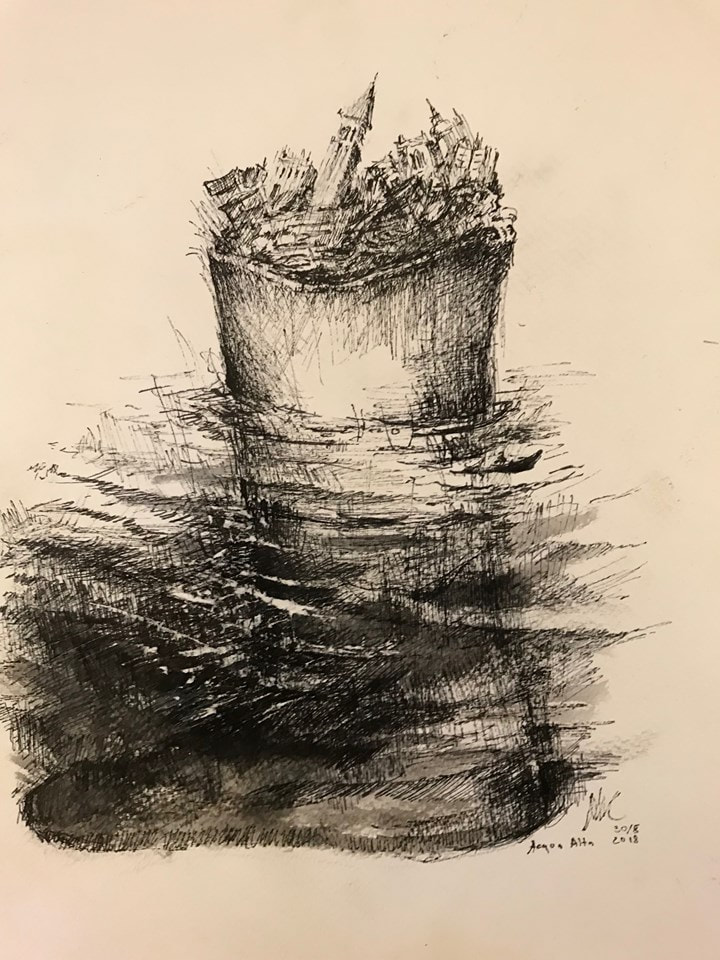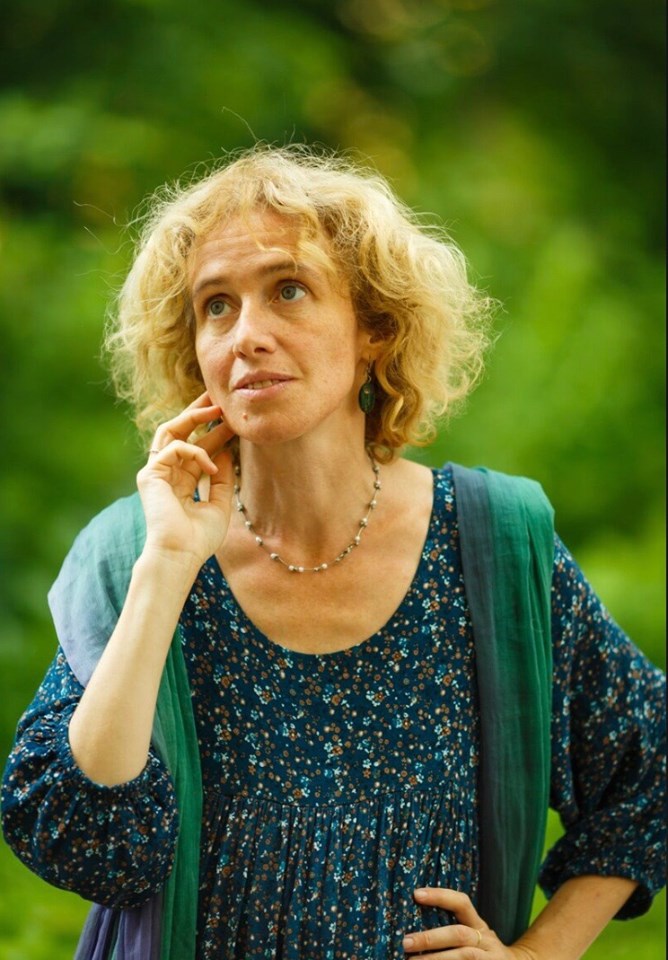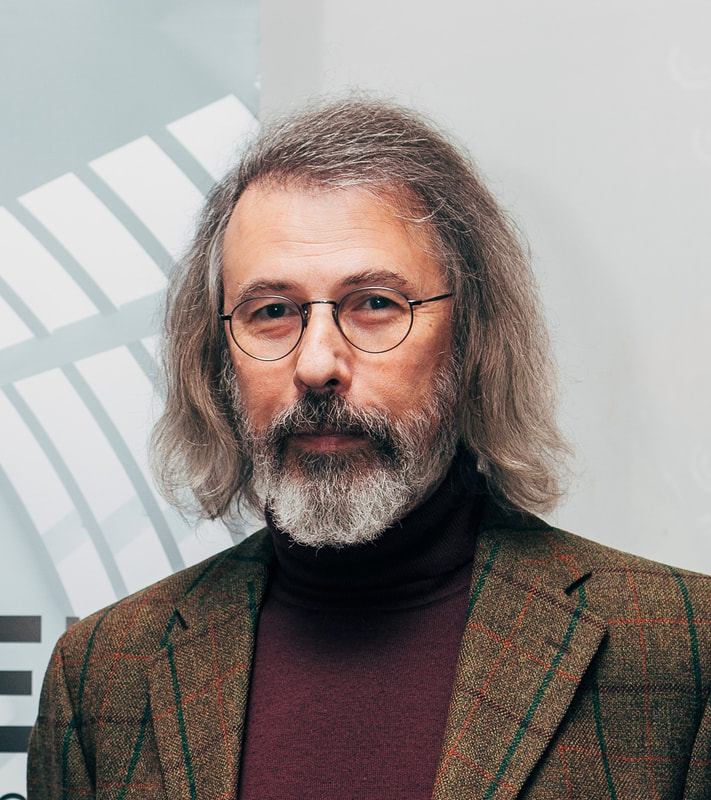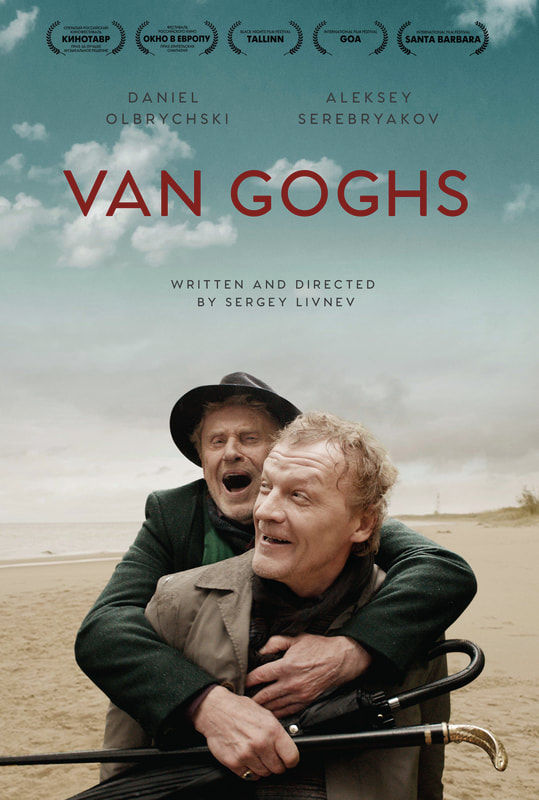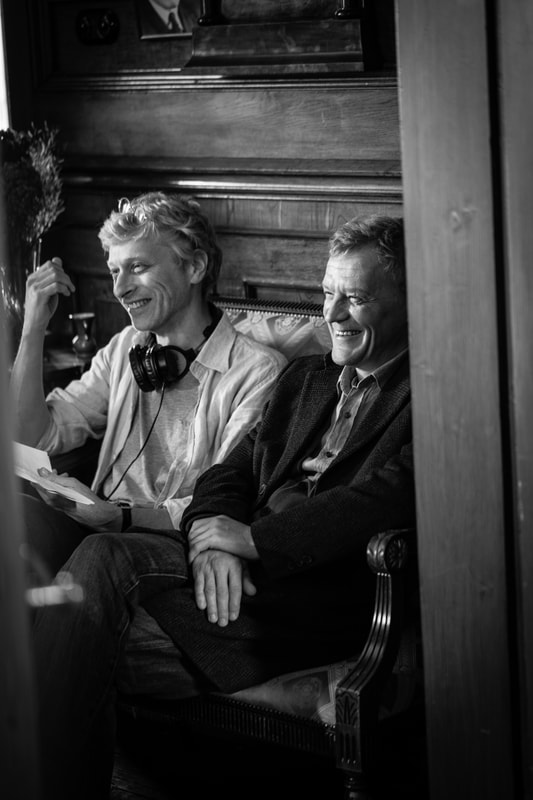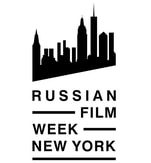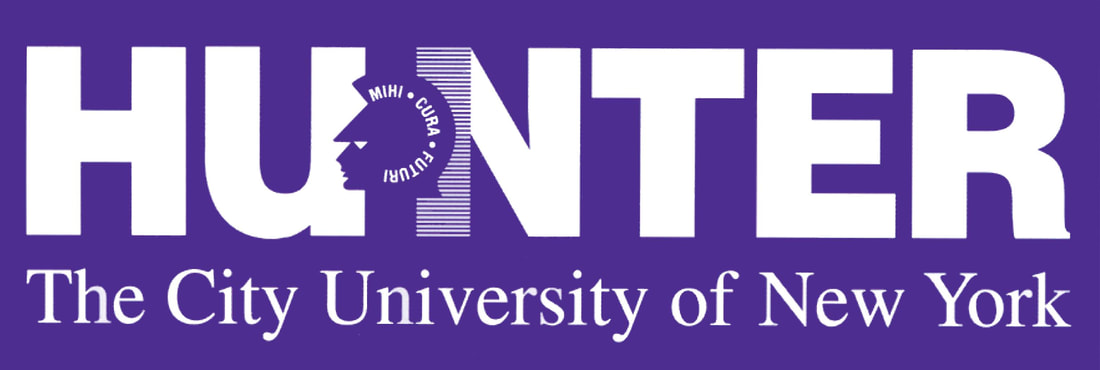FALL 2019
September 4, Wednesday. Elizabeth Hemmerdinger Center (Room 706, Hunter East). 7 pm
Tomas Venclova. "The Holocaust and Lithuania Today"
September 12, Thursday. B126 (Chanin Language Center). 5:30 pm
"Notes from the Zone of Kaif: The Life and Work of Azazello - Hippie, Poet, Drug Addict and Artist"
September 24, Tuesday. B126 (Chanin Language Center). 5:30 pm
Screening of Anna Karenina (Vakhtangov Theater, Moscow), introduced by Eddie Aronoff (Stage Russia HD)
September 27, Friday. 510 Hunter North Building. 6:30 pm
Screening of Redemption (Russia, 2012) by Aleksandr Proshkin, introduced by Prof. Emil Draitser (Hunter College)
October 3, Thursday. B126 (Chanin Language Center). 5:30 pm
Tamizdat Project Lab - 1: Anna Akhmatova. Requiem (1963).
October 11, Friday. Elizabeth Hemmerdinger Center (Room 706, Hunter East), 6:00 pm
Katja Petrowskaja. Maybe Esther. Book talk and Q&A with the author
October 16, Wednesday. Elizabeth Hemmerdinger Center (Room 706, Hunter East). 6:00 pm
Yuz Aleshkovsky. Nikolai Nikolaevich. Book talk and Q&A with the author and translator
October 29, Tuesday. B126 (Chanin Language Center). 5:30 pm
Tamizdat Project Lab - 2: Lydia Chukovskaia. Sofia Petrovna (1965-1966)
November 5, Tuesday. B126 (Chanin Language Center). 6 pm
Mark Lipovetsky. "Cynicism and Freedom: a Paradox of the Soviet Trickster"
December 3, Tuesday. B126 (Chanin Language Center). 5:30 pm
Katia Margolis. "Venice Unread"
December 5, Thursday. B126 (Chanin Language Center). 5:30 pm
Evgeny Steiner. "Ivan Bodhidharma: The Image of Japan in the Late Soviet Mind and Beyond”
December 10, Tuesday. Elizabeth Hemmerdinger Center (Room 706, Hunter East). 5:00 pm
Van Goghs (2018; Russia). Film screening and Q&A with the director
Tomas Venclova. "The Holocaust and Lithuania Today"
September 12, Thursday. B126 (Chanin Language Center). 5:30 pm
"Notes from the Zone of Kaif: The Life and Work of Azazello - Hippie, Poet, Drug Addict and Artist"
September 24, Tuesday. B126 (Chanin Language Center). 5:30 pm
Screening of Anna Karenina (Vakhtangov Theater, Moscow), introduced by Eddie Aronoff (Stage Russia HD)
September 27, Friday. 510 Hunter North Building. 6:30 pm
Screening of Redemption (Russia, 2012) by Aleksandr Proshkin, introduced by Prof. Emil Draitser (Hunter College)
October 3, Thursday. B126 (Chanin Language Center). 5:30 pm
Tamizdat Project Lab - 1: Anna Akhmatova. Requiem (1963).
October 11, Friday. Elizabeth Hemmerdinger Center (Room 706, Hunter East), 6:00 pm
Katja Petrowskaja. Maybe Esther. Book talk and Q&A with the author
October 16, Wednesday. Elizabeth Hemmerdinger Center (Room 706, Hunter East). 6:00 pm
Yuz Aleshkovsky. Nikolai Nikolaevich. Book talk and Q&A with the author and translator
October 29, Tuesday. B126 (Chanin Language Center). 5:30 pm
Tamizdat Project Lab - 2: Lydia Chukovskaia. Sofia Petrovna (1965-1966)
November 5, Tuesday. B126 (Chanin Language Center). 6 pm
Mark Lipovetsky. "Cynicism and Freedom: a Paradox of the Soviet Trickster"
December 3, Tuesday. B126 (Chanin Language Center). 5:30 pm
Katia Margolis. "Venice Unread"
December 5, Thursday. B126 (Chanin Language Center). 5:30 pm
Evgeny Steiner. "Ivan Bodhidharma: The Image of Japan in the Late Soviet Mind and Beyond”
December 10, Tuesday. Elizabeth Hemmerdinger Center (Room 706, Hunter East). 5:00 pm
Van Goghs (2018; Russia). Film screening and Q&A with the director

